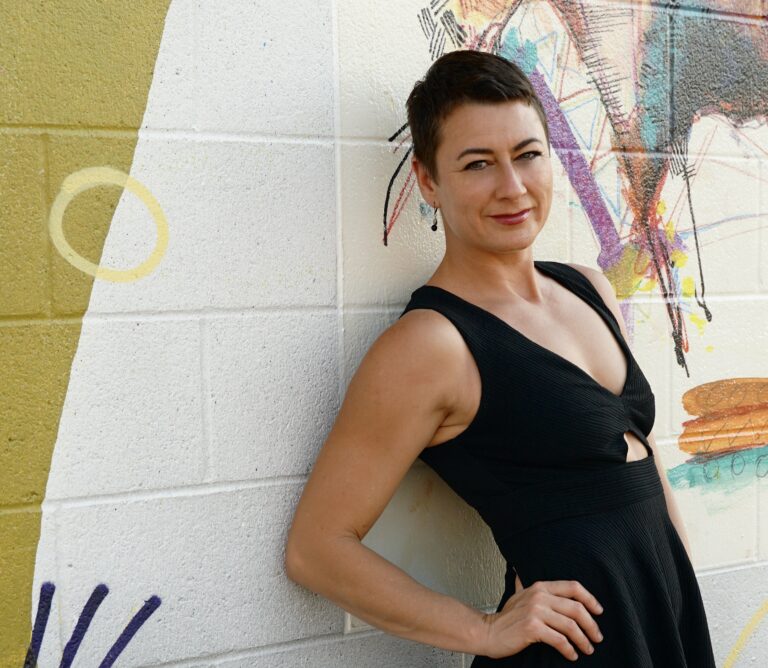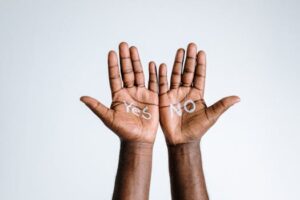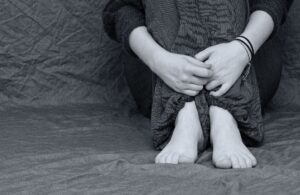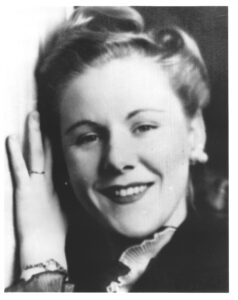“I forgive you for not having the capacity to love me the way that I wanted to be loved by you.”
Many of us are familiar with the metaphor that holding onto hatred is like drinking poison while expecting the person you despise to die. The irony is that the one who ultimately suffers most is yourself.
The pain of feeling invalidated can trap us in emotionally hungry loops that originate in infancy. Even before we can form words, we experience unmet needs that can lead to deep and subconscious voids within us. Unfortunately our early caregivers, often unwittingly, abraded and deepened our primal wounds rather than ameliorating them. This sets many of us up for a lifelong quest in search of an “other” that can mend those parts of us that remain unheard and unseen.
Though the process may seem daunting, as adults, we have the opportunity to re-parent ourselves and to integrate the disowned and dismissed aspects of who we are and what we crave. One of the ways that we lighten our own emotional burden is through forgiveness of those very “others” that were unresponsive or even hostile toward our yearnings.
I’ve learned that some of my greatest inner freedom lies in my ability to release the people in my life from the expectation that they should have loved, seen or soothed me in the ways that would validate my needs and experiences.
That is not to diminish, in any way, my worthiness of love, visibility, or comfort. The key is utilizing my reasoning capacity as an adult to realize that my caregivers, loved ones, teachers, and partners came screaming onto this planet carrying their own attachment wounds, worries, and deep fears. I can allow myself to accept their flaws and their inability to meet my needs without condoning their behavior.

As Mark Nepo reflects, “This is what kept me from forgiveness: The feeling that all I’ve been through will evaporate if I don’t relive it; that if those who have hurt me don’t see what they’ve done, my suffering will have been for nothing. In this, the stone I throw in the lake knows more that I. Its ripples vanish.”
Forgiveness is a process of letting go of anger, resentment, or the desire for revenge toward a wrongedoer. It doesn’t mean excusing their behavior or forgetting what happened; rather, it’s about releasing ourselves from the emotional burden that comes with holding onto those feelings and guarding the wounds they have created.
Forgiveness in this context often involves letting go of the hurt caused by unmet expectations and emotional pain. It means acknowledging that the other person may not have had the capacity or willingness to love you in the way you needed.
Clinging to your pain in the hope that the perpetrator will recognize the harm they’ve caused and apologize gives them control over your healing. By doing this, you essentially bind yourself to them, making them your jailer. Your journey toward healing then becomes dependent on their actions, which can keep you trapped in a cycle of hurt. You are the one holding the key to unlock yourself from your prison. When you release your expectation for external validation or reconciliation, YOU open the door to YOUR freedom.
Forgiveness is not to be misunderstood as condoning harmful behavior. It’s a complex process that prioritizes our genuine healing.
While hatred is a poison we swallow, hoping our perceived enemy will perish; forgiveness, then, is a healing elixir that releases us from the pain inflicted by them. The other person’s actions no longer carry the same emotional charge and we are free to experience INNER PEACE.
Forgiveness is the greatest gift you can give yourself – Maya Angelou













